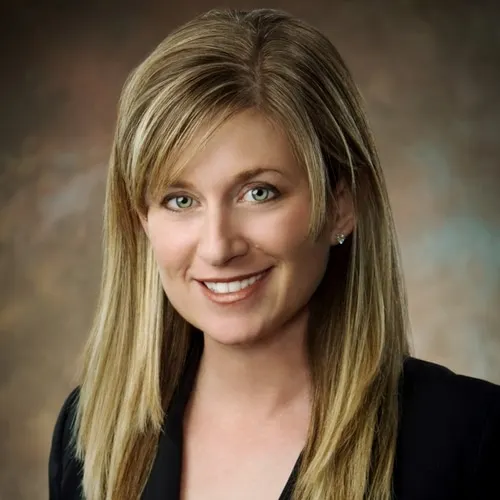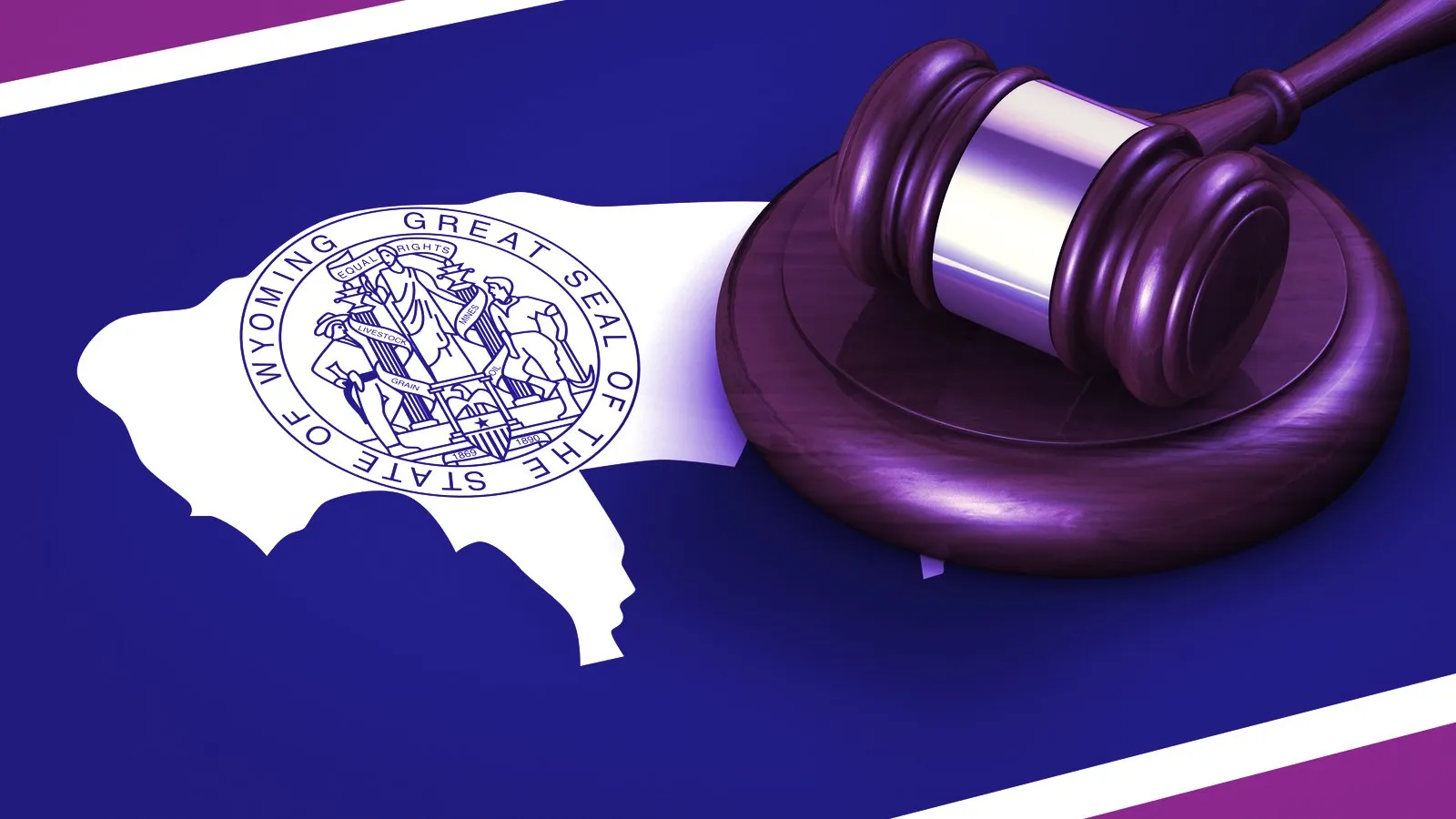In brief
- American CryptoFed DAO, which uses the EOS blockchain platform, is the first DAO to gain approval in Wyoming.
- Wyoming introduced a law granting legal status to DAOs on July 1.
Wyoming—the first US state to grant a charter to a crypto bank—has approved legal status for a decentralized autonomous organization (DAO), the American CryptoFed DAO, according to an announcement on Sunday. The organization, which has a mission to introduce a new monetary system, now becomes the first legally recognized DAO in the U.S.
It comes after Wyoming lawmakers voted in March to pass a bill allowing DAOs to be officially registered in the state. The law affords these entities—which are governed by smart contracts and dispense with the hierarchical control structure seen in traditional companies—the same rights as a limited liability company. The bill came into effect on July 1, 2021.
The legislation makes it easier and cheaper to set up a DAO and give legitimacy to many cryptocurrency projects, Aaron Wright, a professor at Cardozo Law School in New York and DAO-founder, told Decrypt back in March. It enables DAOs to set up as limited liability companies (LLCs) pursuant to certain conditions—a revolutionary concept in a legal world where every organization is deemed to be managed by at least one individual.
Wyoming's crypto ambitions
The DAO law also solidifies Wyoming’s reputation as the most crypto-friendly U.S. state. Last year, it was the first in the US to issue a state charter for crypto banks and has already licensed two: Kraken and Avanti.

“Wyoming is the leading digital assets jurisdiction in the USA, and now, with this DAO law, Wyoming is arguably the top blockchain jurisdiction in the world,” said Marian Orr, CEO of the American CryptoFed DAO, in a press release accompanying the announcement.
Orr, a former Mayor of the city of Cheyenne, said that in time, her role as CEO would become obsolete, as decisions would be made based on votes by the DAO's governance token holders.
The DAO states that its mission is to create a new monetary system with fee-free trading, via its native algorithmic stable token, the Ducat. With its legal status now secured, “creating a true digital currency with mass acceptance is now possible,” Orr said.
Ducat, and CryptoFed’s governance token, Locke, will be issued pursuant to the token definitions in the Token Safe Harbor Proposal 2.0 outlined by SEC Commissioner Hester Pierce, according to American CryptoFed DAO.
The proposal suggests a three-year grace period before developers become subject to existing securities laws. This would allow time for a project to form, evolve, and become “sufficiently decentralized”—in much the same way that former SEC Director William Hinman described Ethereum in his reasoning for not considering the asset a security.
However, to attain the scalability and security the team required, CryptoFed is built on the EOS protocol, instead of Ethereum—which is most commonly associated with DAOs.
“To build an enterprise-grade financial product using blockchain with high scalability, low latency and zero transaction fee, EOS was our choice,” the team stated in their article, “Why we built our blockchain business on EOS instead of Ethereum”.
An EOS-based project becoming America’s first DAO could prove controversial. Last year, a class action was filed by EOS investors claiming that the blockchain was “highly centralized and was not superior to the other blockchains already in use.” Last month, EOS developers paid $27 million to settle their claims.
Perhaps the new law is best seen as a kind of bridge between the traditional business world and the ethos of many blockchain projects, which strive to decentralize control.
Update: An earlier version of this story incorrectly stated that Marian Orr is currently Mayor of Cheyenne.

